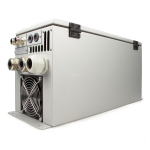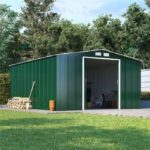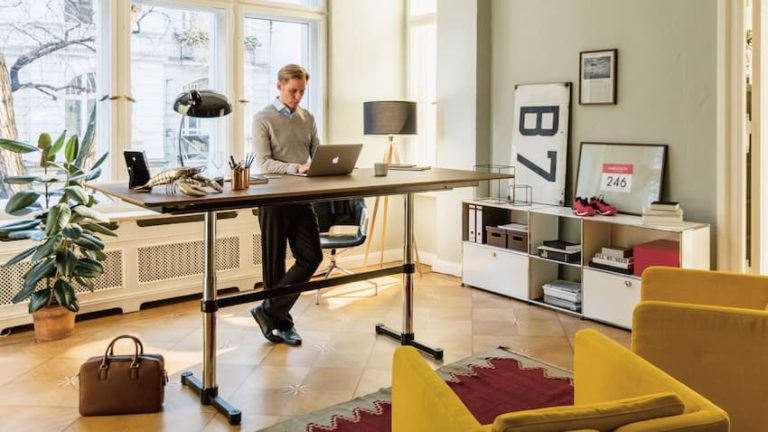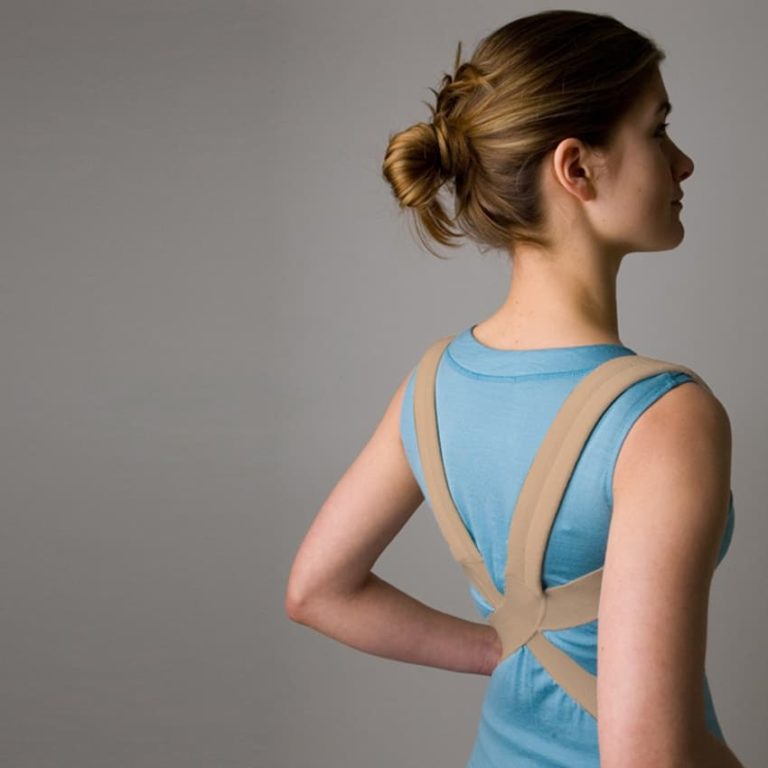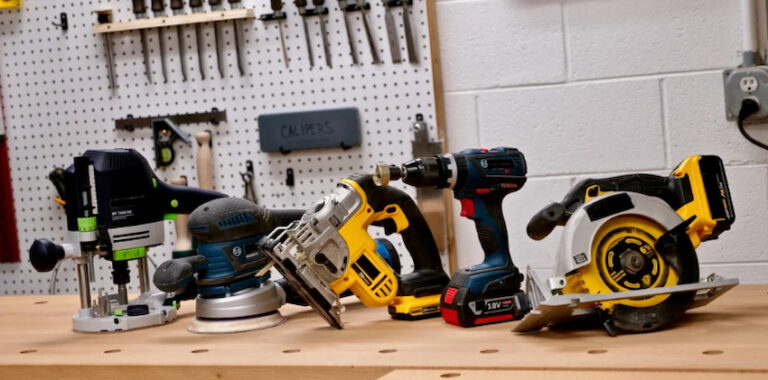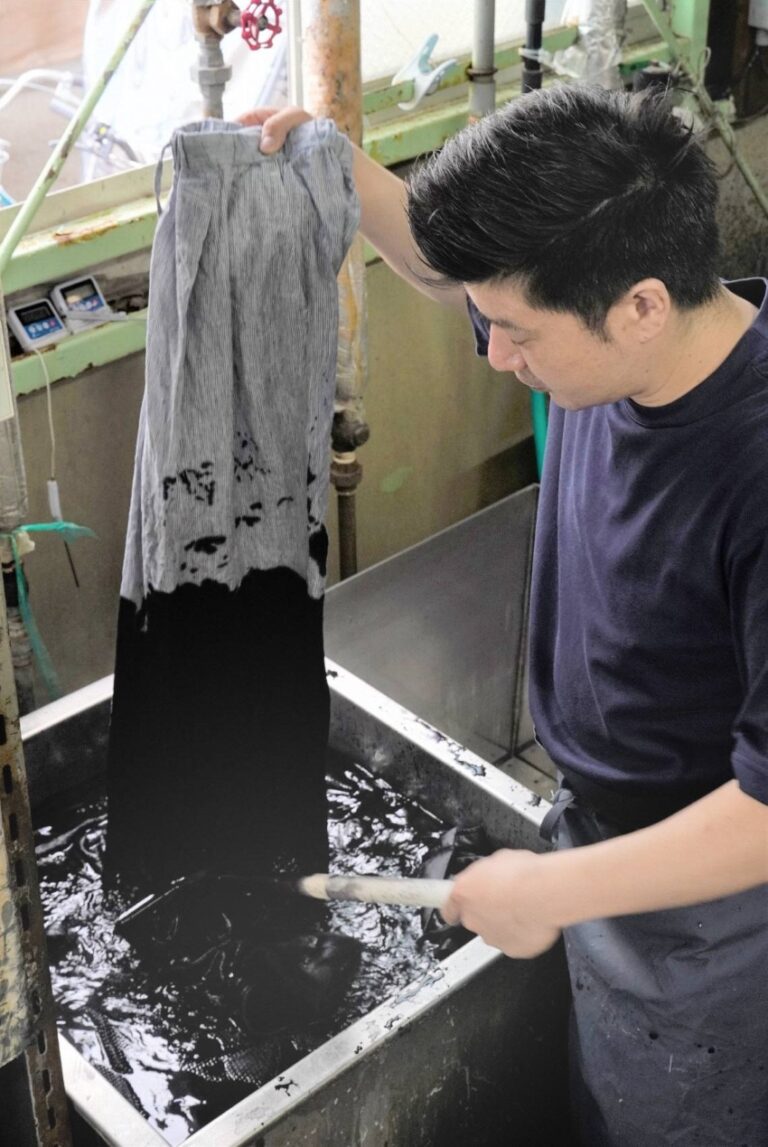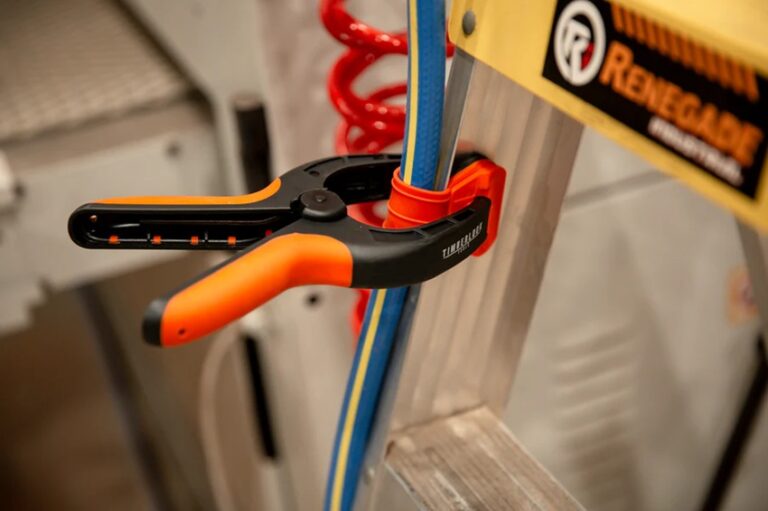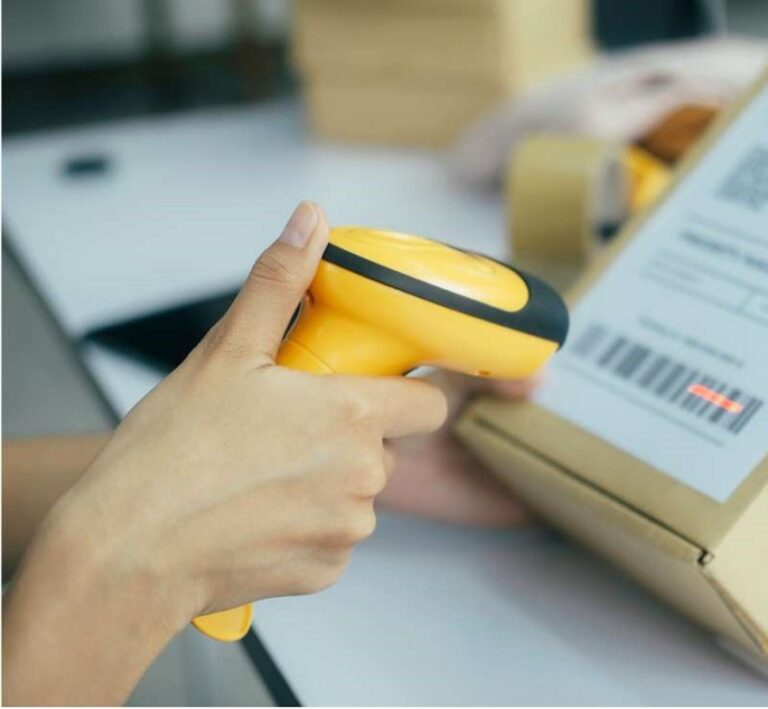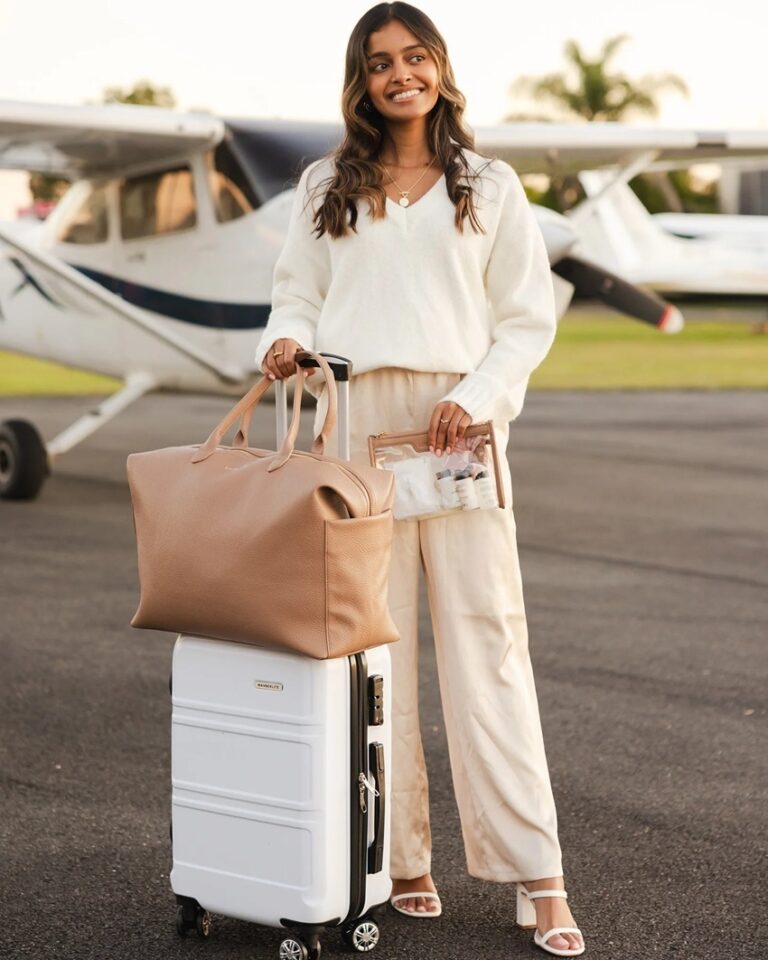Travelling can be an exhilarating experience, offering new adventures and opportunities to explore the world. However, for those living with sleep apnea, a condition marked by interruptions in breathing during sleep, the prospect of being away from the comforts of home can introduce significant challenges.
Yet, with some thoughtful preparation and the right tools, managing sleep apnea while travelling is entirely possible. One of the safest ways to ensure a comfortable sleep while on the go, is to purchase a travel CPAP machine to navigate the challenges of travelling with sleep apnea, allowing you to enjoy your trip while still getting the restful sleep you need.
How to Manage Your Sleep Apnea While on the Road
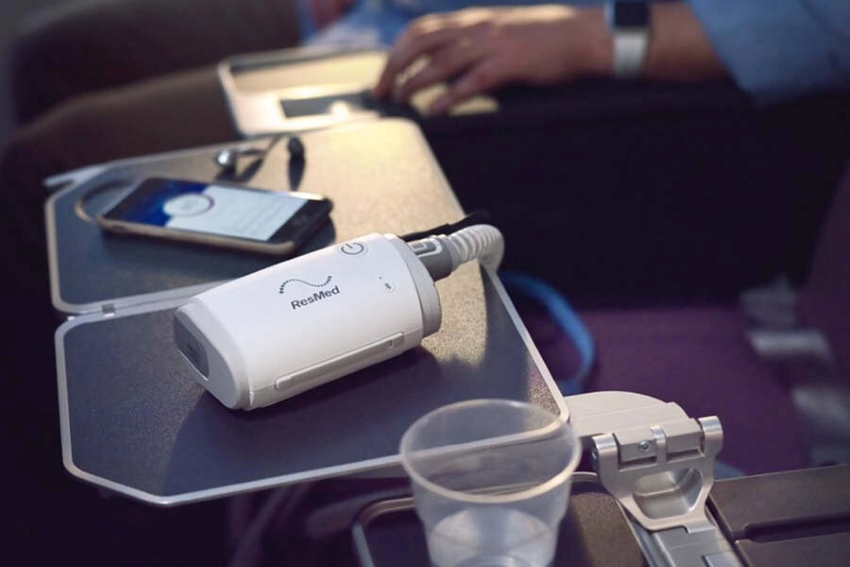
Invest in a Travel CPAP Machine
Managing sleep apnea while travelling begins with ensuring you have the right equipment, and a user-friendly travel CPAP machine is an essential tool for maintaining your sleep health on the road. These devices are specifically designed to be more portable compared to standard home models, making them ideal for travel. Investing in a travel CPAP machine can significantly ease the challenges of managing sleep apnea while away from home.
One of the primary benefits of a portable CPAP machine is its compact size and portability. These machines are much smaller and lighter than traditional models, making them easier to pack and carry, whether you’re going on a weekend getaway or an extended vacation. Many travel CPAPs come with carrying cases that fit easily into luggage or a backpack, ensuring that you can bring them along without adding significant bulk or weight to your travel gear.
Another advantage of travel CPAP machines is their versatility and convenience. Many models are equipped with features designed specifically for travel, such as battery operation, which is invaluable for long flights, camping trips, or destinations with unreliable power sources.
Some travel CPAPs also come with adapters for different power outlets, ensuring that you can use your device regardless of the country you’re in. This adaptability allows you to maintain your treatment routine without interruption, no matter where your travels take you.
In addition to their portability and convenience, travel CPAP machines are designed for ease of use. They typically feature simplified controls and fewer components, making them easier to set up and operate in unfamiliar environments. Some models even include integrated humidifiers and noise reduction features, which contribute to a more comfortable and restful sleep, even in a new location.
Lastly, while a travel CPAP is an investment, its long-term benefits far outweigh the initial cost. By ensuring that you can effectively manage your sleep apnea while travelling, these devices help prevent fatigue, cognitive impairment, and health risks associated with untreated sleep apnea. This means that you can enjoy your travels with peace of mind, knowing that your condition is under control and that you’re prioritizing your health and well-being.
Prioritise Your Sleep Schedule
When travelling with sleep apnea, maintaining a consistent sleep schedule is crucial. Irregular sleep patterns can exacerbate the symptoms of sleep apnea, leading to fatigue and discomfort.
Try to stick to your usual sleep and wake times, even across different time zones. This consistency helps regulate your body’s internal clock and ensures that your sleep apnea treatment remains effective. Avoid late nights or overly stimulating activities close to bedtime. By prioritizing your sleep schedule, you can minimize the disruptions that often come with travel and maintain better control over your condition.
Choose Your Accommodations Wisely
Selecting the right accommodations can significantly impact how well you manage sleep apnea while travelling. Look for hotels that offer quiet rooms, ideally with blackout curtains and soundproofing, to create an environment conducive to restful sleep.
If possible, request a room away from elevators, stairwells, or other sources of noise. Consider accommodations that offer amenities like extra pillows, adjustable air conditioning, and firm mattresses, which can enhance your comfort and support your sleep apnea treatment. Additionally, ensure there’s adequate space to set up your CPAP machine comfortably and conveniently.
Stay Hydrated and Eat Well
Proper hydration and a balanced diet are essential for managing sleep apnea, especially while travelling. Dehydration can cause airway irritation, worsening sleep apnea symptoms. Aim to drink plenty of water throughout the day, but try to reduce fluid intake a couple of hours before bed to avoid frequent awakenings.
Additionally, avoid heavy meals, caffeine, and alcohol in the hours leading up to sleep, as they can interfere with your breathing and sleep quality. By staying hydrated and eating well, you help maintain overall health and keep sleep apnea symptoms under control.
Plan for Air Travel
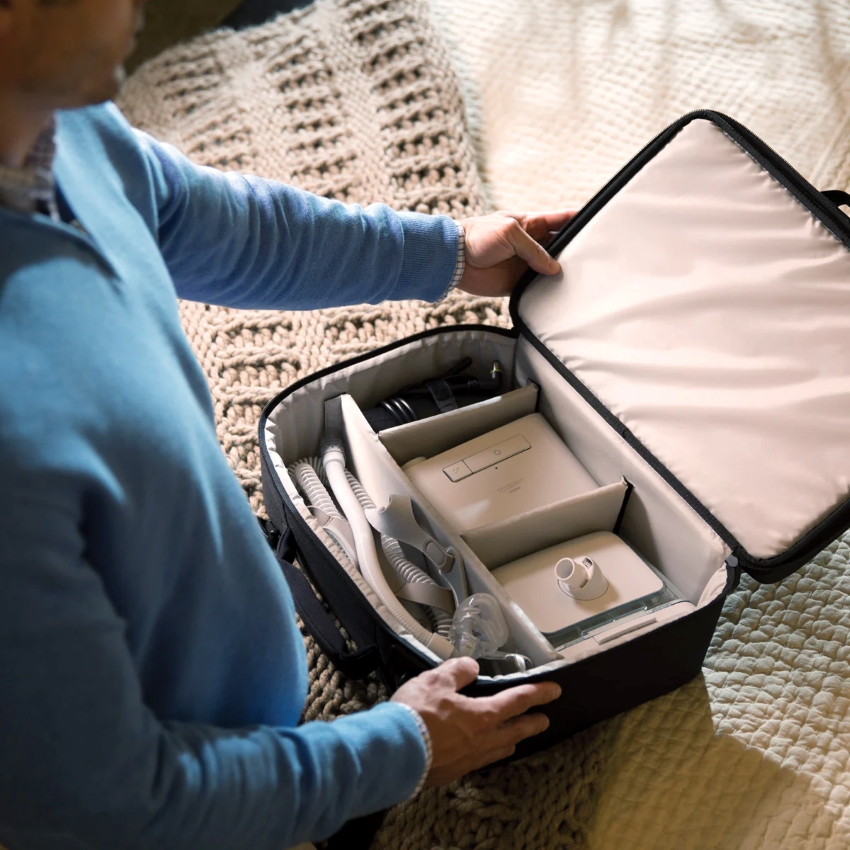
Air travel requires extra preparation when managing sleep apnea. Notify the airline in advance if you plan to use a CPAP machine during the flight, as some may require advance notice or specific documentation.
Bring your CPAP machine as a carry-on to prevent damage, and ensure you have any necessary adapters or batteries for the flight. If you’re flying long distances, try to schedule your flights to allow for adequate rest upon arrival. Planning ahead for air travel ensures that your sleep apnea treatment isn’t disrupted and helps you arrive at your destination feeling refreshed.


